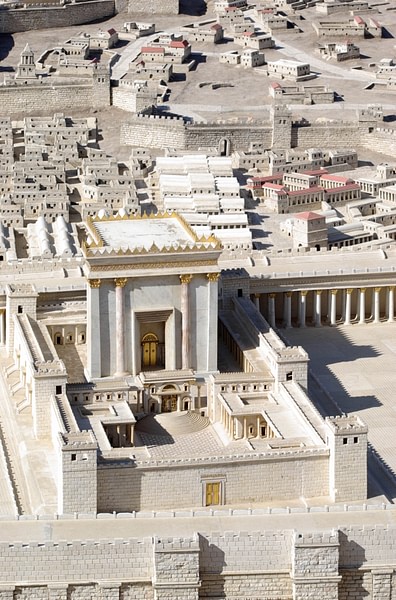Alicia Ostriker reads and discusses Emma Lazarus’ “The New

comment
“Give me your tired, your poor, your huddled masses that yearn to breathe free”, proclaims the mother of exiles, in words that resonate today as a definition of what America offers the world. The poem was written by the American Jewish poet Emma Lazarus, as a donation to an auction of works of art and literature to raise money to build a pedestal for the colossal statue just given to the United States by France—“of Liberty.” Enlightening the World”, as the Statue of Liberty was originally named. Initially, Lazarus was not interested in contributing a poem, but a friend of hers convinced her that the statue would be of great importance to immigrants sailing into port. this was a crucial new idea.
The statue was originally intended as a monument to international republicanism and US-French friendship. But Emma Lazarus, in the 1880s, was deeply involved in defending the flood of destitute Jewish immigrants fleeing anti-Semitic violence in Russia and throughout Eastern Europe, so she wrote a poem that achieved, surely beyond of your wildest dreams, change the situation. meaning of the statue and the meaning of the united states of america.
“The New Colossus” was the only entry read at the exhibition opening, but it was forgotten and played no role in the statue’s unveiling in 1886. Lazarus died young, in 1887, of cancer. but in 1903 a plaque with the text of the poem was affixed to the inner wall of the statue’s pedestal. you can read it there today.
This is an amazing poem. He states that we do not stand for war and conquest, but for freedom, enlightenment, and compassion. The bronze giant of Greek fame was the Colossus of Rhodes, once one of the seven wonders of the world. a monument to military might.
instead of the pride of a warrior, here is a powerful woman whose torch is imprisoned, a beautiful phrase that implies technological innovation. I’m thinking of Benjamin Franklin’s experiments with electricity here. Naming this woman “Mother of Exiles,” calling her eyes “soft but commanding,” and announcing that she represents “world welcome” is a sweeping take on what America was and could become. and the words that lazarus makes this figure cry “with silent lips” still bring tears to my own eyes, tears of admiration and gratitude.
For me, the beauty of this poem cannot be separated from the story of my family. all my grandparents came to this country in the 1880s, just at the time that inspired the poem. they escaped poverty and pogroms. For them as Jews, America was the land of opportunity, of hope for the hopeless. none of them became rich, but they survived. for them the rejection of the old world of monarchy, aristocracy, tyranny and the dream of a new world of freedom and security became a reality. My parents taught me this dream, they taught me that I should be proud to be an American, not because we were “the greatest”, whatever that means, but because we were the melting pot. we were a democracy that gave hope to little people. We were a land of refuge. we were the land where prejudice and hate could one day be eliminated.
Millions upon millions of American families from all corners of the world have experienced that hope. Of course, there are Americans whose own families came here as immigrants and have reaped the benefit of that chandelier standing by the golden gate, who now wish to deny others the chance to breathe free. but we have a choice. we can keep the doors open. we can choose generosity, compassion, and openness to the strangers among us, instead of self-protection and fear.
As an American poet, I’ve written about my immigrant grandparents and second-generation parents and their struggles. i belong to a tradition of openness that includes walt whitman, who celebrated the diversity of america, and in my own time i have been lucky enough to be the compatriot of william carlos williams, muriel rukeyser, denise levertov, allen ginsberg, silvia plath, galway kinnell, paul muldoon, lorna dee cervantes, naomi shihab nye, and li-young lee, to name just a few. all deeply American. all immigrants or children of immigrants.
I am proud that American poetry is becoming more open in our time to writers of all backgrounds and that American culture as a whole is a hybrid phenomenon. Because as we remember how much America has meant to its immigrants, let’s also remember what the talent of its immigrants, the talent and energy of its immigrants, has done for America. our art, our music, our fiction, our movies, our science and technology, our leadership is a magnificent mix of ethnicities. natives and immigrants breathing freely, bouncing off each other, making america the cultural wonder of the world. that we continue like this let the petty among us return to their corners. may the mother of exiles prevail.
commentator’s poem
-

-

- “The Book of Life: Selected Jewish Poems, 1979-2011” by Alicia Suskin Ostriker (Catalog Record)
- “songs of a semite”, by emma lazarus (catalog record)



